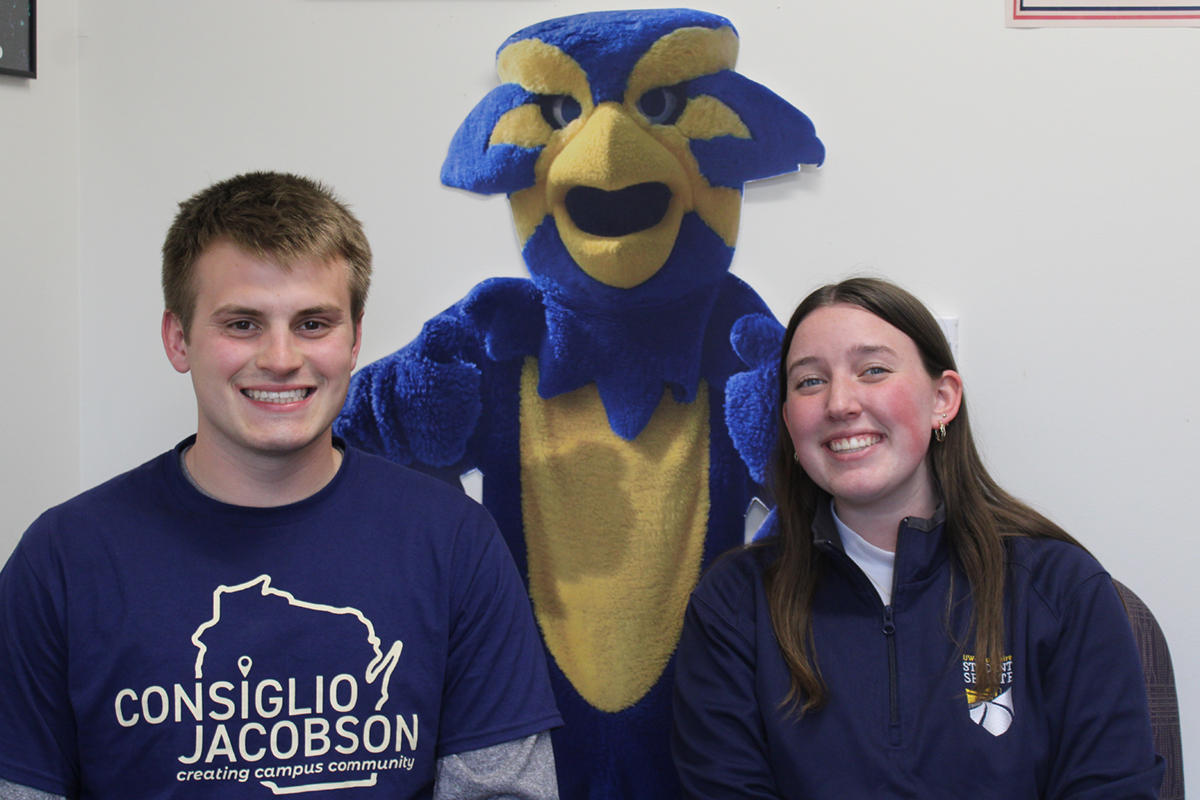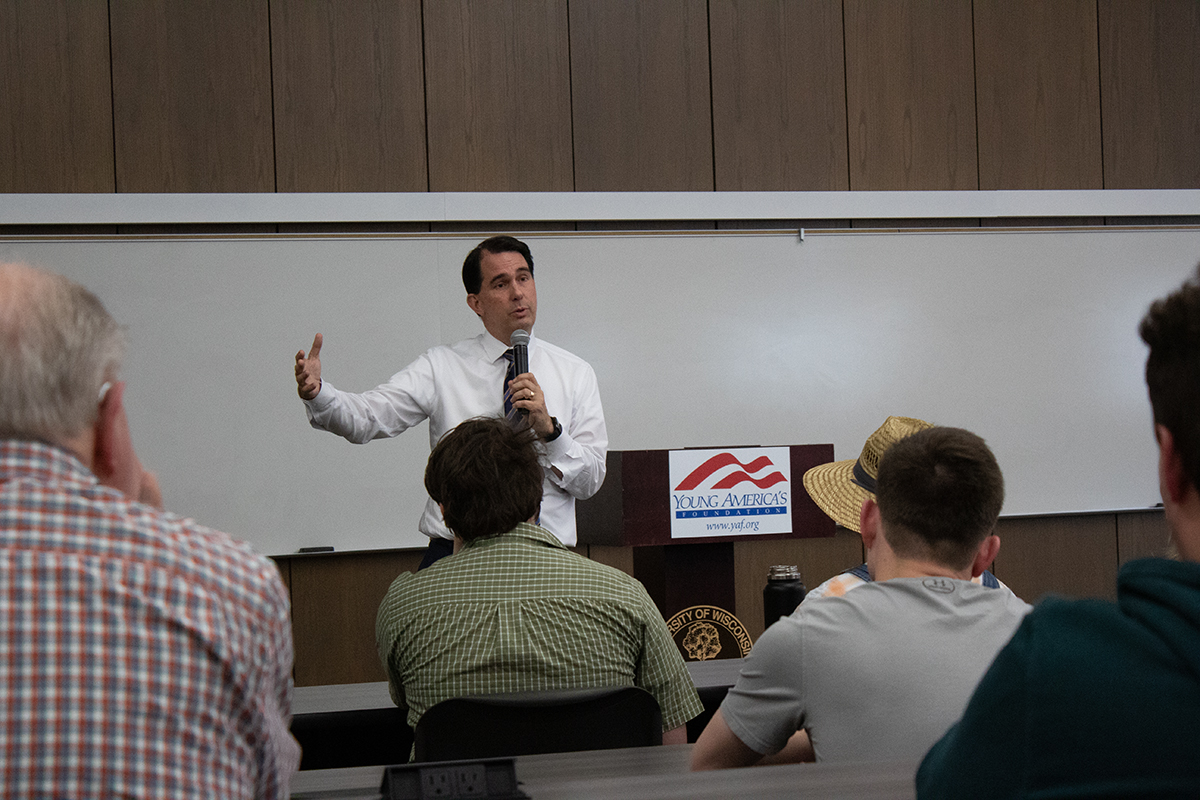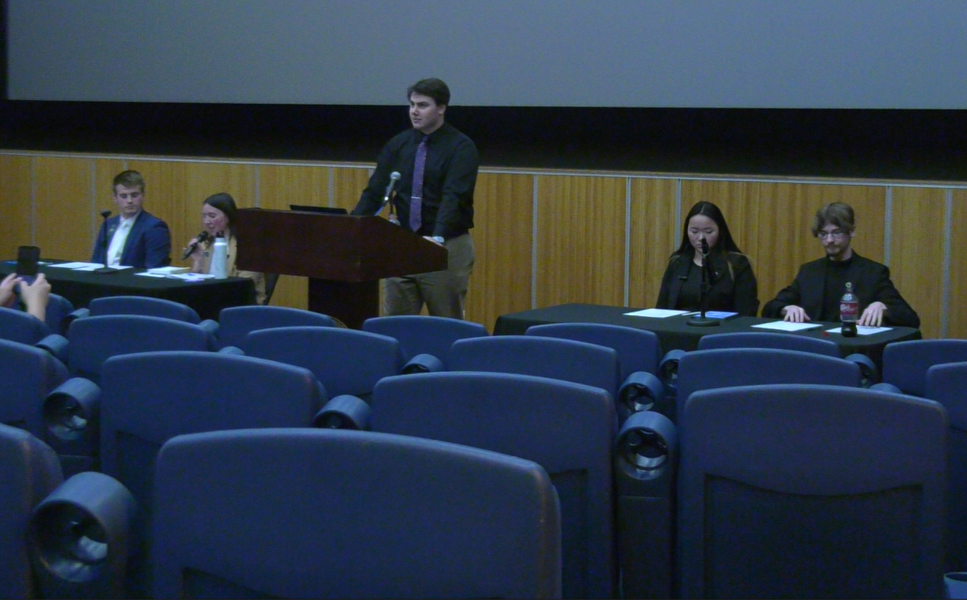UW- Eau Claire’s economic department is offering a first-time course this semester that blends the social science of economics with psychology and sociology to study how and why people make purchasing decisions.
Econ 366, or Behavioral Economics, is taught by Professor Petrik Runst, who said the field of behavioral economics is very broad and hard to pin down. Behavioral economics asks many questions regarding the nature of individuals, including whether they are self-interested, selfish and rational, among other things.
“From there it went into all kinds of different areas,” Runst said. “And now it’s really hard to pin down because it’s become so mainstream that … a lot of people who do economics are now borrowing insights from psychology and sociology. “
Behavioral economics is the study of how individuals make economic and purchasing decisions based on social, emotional and psychological factors.
While other economic courses focus on models and equations, behavioral economics uses discussion to find answers. The 28 students enrolled in the course read a few texts per class period. They then sit in a circle and talk about what they read. Runst said he rarely uses the whiteboard and doesn’t stand in front of the class to teach.
The class is not required for economic majors, but Mitchell Fischer, a junior, chose to take the course as an elective. He took the course because as a math and economics major, he wanted to explore alternative frameworks of economics.
As a field, behavioral economics is still young. Economics began in the eighteenth century with Adam Smith as a broad social science. At some point, the field became more narrow and omitted all other disciplines, Runst said. It wasn’t until the late 1970s that economists started to pull from other disciplines such as psychology and sociology.
Behavioral economics uses experiments, surveys, questionnaires and interviews to measure such variables as self-interest, happiness and selfishness. Runst said one thing economists have found is that these variables change within different cultures.
Runst said the class is going very well and the university should be offering it every spring going forward. Runst has based the class mostly on discussion, with one midterm exam and one end project at the end of the semester. Each student will create and develop their own research idea.
Brandon Magliocco, a senior economics major, took the class because he plans on going to medical school and he wanted to study the psychology of why people make the decisions they make.
“Economics is kind of separated because of its objectivity and sometimes it’s not always practical to be as objective as we are,” Magliocco said. “This class really bridges the gray area between social science and economics and I think it’s absolutely critical.”
Runst said it is important to include the psychological and sociological aspects in economic research, even if that makes it more complex. He also said studying the rules of different societies leaves economists with important questions.
“What we don’t know is why do some countries get those rules and others do not get them. And why do those rules change over time too?” Runst said.
Those are the questions that behavioral economics attempts to answer.






